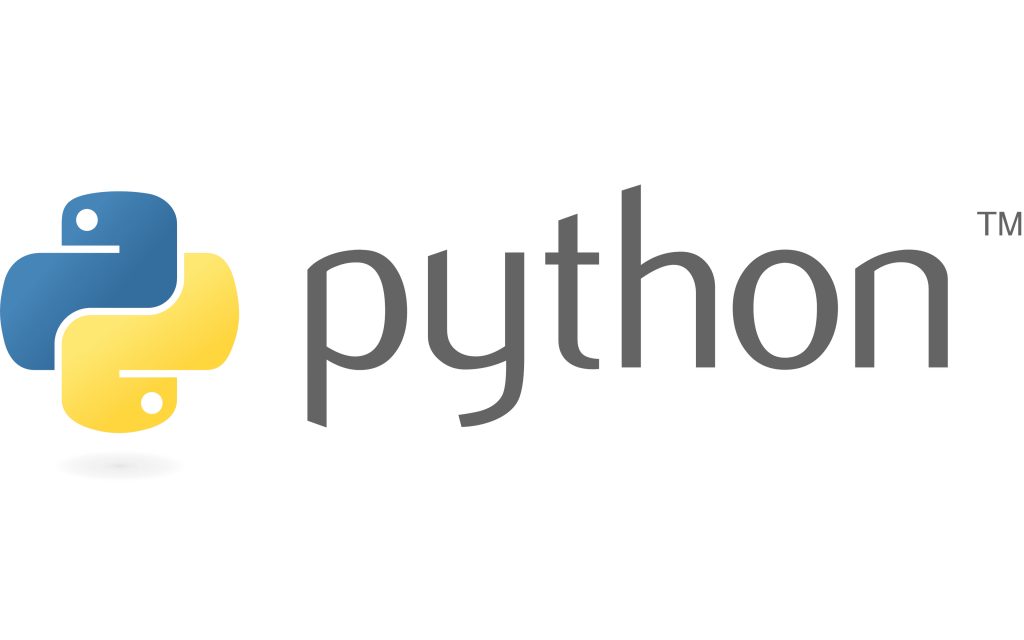Python is an open-source, object-oriented programming language that’s simple to understand and write, yet also powerful and extremely malleable. It’s these characteristics that help make it such an important language to learn.
Python’s ability to create highly readable code within a small set of instructions has a considerable impact on our modern digital world. From the ideal, first programmers’ choice to it’s ability to create interactive stories and games; from scientific applications to artificial Intelligence and web-based applications, the only limit to Python is the imagination of the person coding in it.
It’s Python’s malleable design that makes it an ideal language for many different situations and roles. Even certain aspects of the coding world, that require more efficient code, still use Python. For example, NASA utilises Python both as a stand-alone language and as a bridge between other programming languages. This way, NASA scientists and engineers are able to get to the data they need without having to cross multiple language barriers; Python fills the gaps and provides the means to get the job done. You’ll find lots of examples of this, where Python is acting behind the scenes. This is why it’s such an important language to learn.
Big Data
Big data is a buzzword you’re likely to have come across in the last couple of years. Basically, it means extremely large data sets that are available for analysis to reveal patterns, trends and interactions between humans, society and technology. Of course, it’s not just limited to those areas, big data is currently being used in a variety of industries, from social media to health and welfare, engineering to space exploration and beyond.
Python plays a substantial role in the world of big data. It’s extensively used to analyse huge chunks of the available big data and extract specific information based on what the user/company requires from the wealth of numbers present. Thanks to an impressive set of data processing libraries, Python makes the act of getting to the data, in amongst the numbers, that counts and presenting it in a fashion that’s readable and useable for humans.
There are countless libraries and freely available modules that enable fast, secure and more importantly, accurate processing of data from the likes of supercomputing clusters. For example, CERN uses a custom Python module to help analyse the 600 million collisions per second that the LHC produces. A different language handles the raw data, but Python is present to help sift through the data so scientists can get to the content they want without the need to learn a far more complex programming language.
Artificial Intelligence
Artificial Intelligence and Machine Learning are two of the most groundbreaking aspects of modern computing. AI is the umbrella term used for any computing process wherein the machine is doing something intelligent, working and reacting in similar ways to humans. Machine Learning is a subset of AI and provides the overall AI system with the ability to learn from its experiences.
However, AI isn’t simply the creation of autonomous robots intent on wiping out human civilisation. Indeed, AI can be found in a variety of day-to-day computing applications where the ‘machine’, or more accurately the code, needs to learn from the actions of some form of input and anticipate what the input is likely to require, or do, next.
This model can be applied to Facebook, Google, Twitter, Instagram and so on. Have you ever looked up a celebrity on Instagram and then discovered that your searches within other social media platforms are now specifically targeted toward similar celebrities? This is a prime example of using AI in targeted advertising and behind the code and algorithms that predict what you’re looking for, is Python.
Spotify, for example, uses Python based code, among other things, to analyse your musical habits and offer playlists based on what you’ve listened to in the past. It’s all clever stuff and, moving forward, Python is at the forefront of the way the Internet will work in the future.
Web Development
Web development has moved on considerably since the early days of HTML scripting in a limited text editor. The many frameworks and web management services available now means that building a page has become increasingly complex.
With Python, the web developer has the ability to create dynamic and highly secure web apps, enabling interaction with other web services and apps such as Instagram and Pinterest. Python also allows the collection of data from other websites and even apps built within other websites.
Gaming
Although you won’t find too many triple-A rated games coded using Python, you may be surprised to learn that Python is used as an extra on many of the high-ranking modern games.
The main use of Python in gaming comes in the form of scripting, where a Python script can add customisations to the core game engine. Many map editors are Python compatible and you will also come across it if you build any mods for games, such as The Sims.
A lot of the online, MMORPGs (Massively Multiplayer Online Role-Playing Games) available utilise Python as a companion language for the server-side elements. These include: code to search for potential cheating, load balancing across the game’s servers, player skill matchmaking and to check whether the player’s client-side game matches the server’s versions. There’s also a Python module that can be included in a Minecraft server, enabling the server admin to add blocks, send messages and automate a lot of the background complexities of the game.
Python Everywhere
As you can see, Python is quite a versatile programming language. By learning Python, you are creating a well-rounded skillset that’s able to take you into the next generation of computing, either professionally or simply as a hobbyist.
Whatever route you decide to take on your coding journey, you will do well to have Python in your corner.


